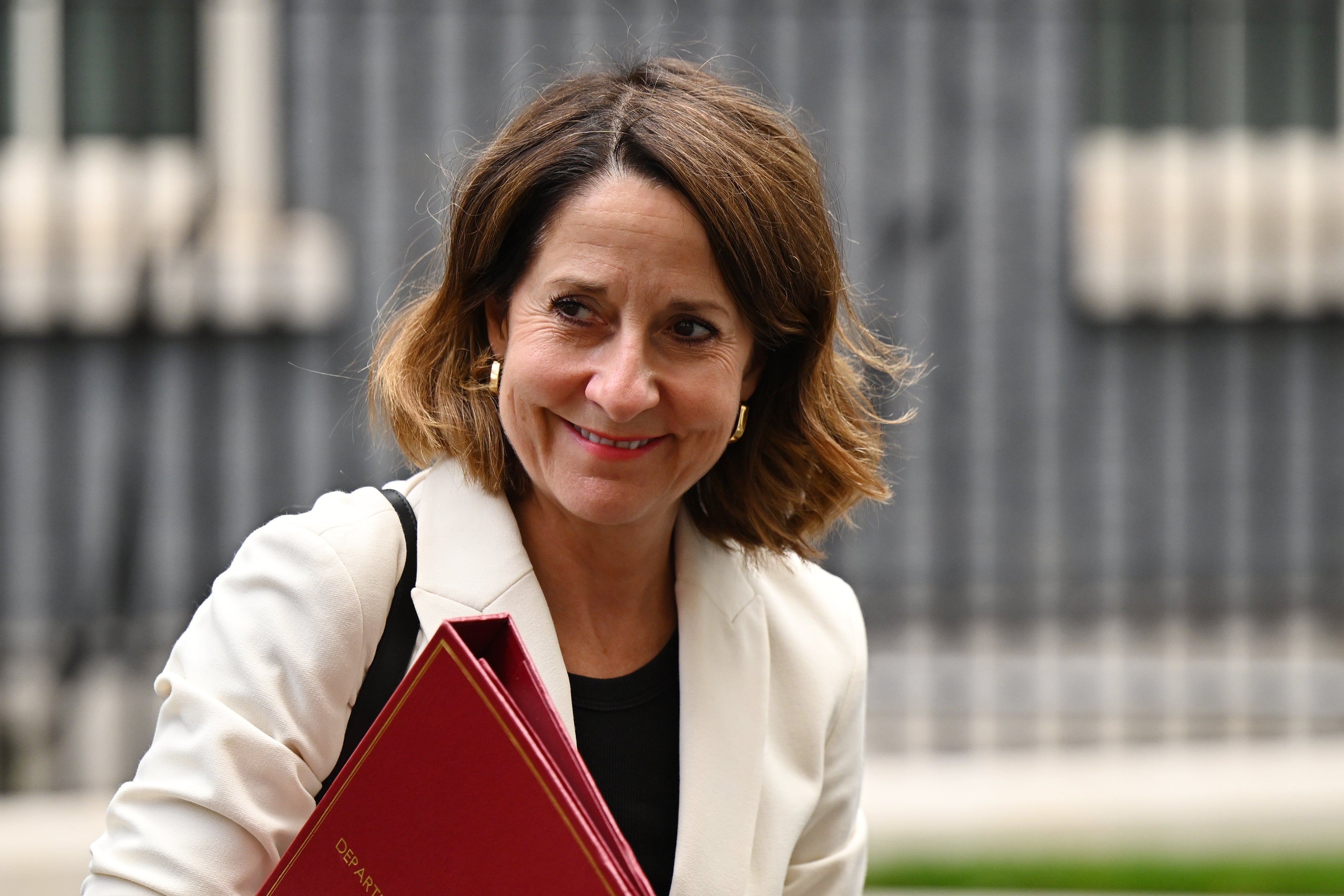State pension set to increase by £400 – but there’s a tax catch
The welcome pension uprating could be cut short for thousands of pensioners next spring

Your support helps us to tell the story
From reproductive rights to climate change to Big Tech, The Independent is on the ground when the story is developing. Whether it's investigating the financials of Elon Musk's pro-Trump PAC or producing our latest documentary, 'The A Word', which shines a light on the American women fighting for reproductive rights, we know how important it is to parse out the facts from the messaging.
At such a critical moment in US history, we need reporters on the ground. Your donation allows us to keep sending journalists to speak to both sides of the story.
The Independent is trusted by Americans across the entire political spectrum. And unlike many other quality news outlets, we choose not to lock Americans out of our reporting and analysis with paywalls. We believe quality journalism should be available to everyone, paid for by those who can afford it.
Your support makes all the difference.The full UK state pension is expected to be increased by over £400 in 2025 boosting the incomes of millions of pensioners.
Treasury calculations seen by the BBC reveal the pension-age payment will be increased at a rate equal to average earnings figures for the year.
This is in line with the government’s commitment to the triple lock – reaffirmed by Labour – that ensures the state pension rises by one of three measures every year. This will be either the highest out of inflation, the average wage increase, or 2.5 percent.
Changes would take the full state pension to around £12,000 in 2025/26, after the record £900 increase in 2023 amid sky-high inflation. Pre-2016 retirees who may be eligible for the secondary state pension could see a £300 per year increase.
This will come as welcome news to pensioners who are struggling with bills and other essential costs, but the uprating won’t come until April 2025.

There will also be a tax catch to the new amount, as an estimated 300,000 pensioners are dragged into paying more tax on their incomes. This is due to the personal allowance freeze which means the income level at which all people must start paying tax has stayed at £12,570 since 2021.
This means that as more pensioners begin to see income over this amount, more will begin paying tax on that income.
Steve Webb, partner at pension consultants LCP said: “With tax thresholds frozen yet again in April 2025, even a relatively modest pension rise could drag more than 300,000 more pensioners into the tax net for the first time.
“Roughly two thirds of all pensioners now pay income tax, typically at the basic rate, so for most people a rise of £400 next April will only be worth £320 once income tax has been deducted,” he told The Telegraph.
Analysis released last week also revealed that only around half of people receiving the new state pension last year were getting the full weekly amount – and around 150,000 were on less than £100 per week.
Royal London said that 1,737,342 of 3,407,567 people receiving the new pension received the full weekly amount last year. It made the calculations using Department for Work and Pensions data from spring 2023.

The report comes amid a backlash over the Government’s decision to ditch the winter fuel allowance for the majority of pensioner households.
Helen Morrissey, head of retirement analysis at Hargreaves Lansdown, said: “For many pensioners, this increase will need to be offset by the removal of the winter fuel payment.
“Only those on Pension Credit will now receive it, and this will amount to a gap of up to £300 this winter. This will be especially keenly felt by older pensioners on the basic state pension. They receive the largest amount in winter fuel payment, but will see a smaller increase in their state pension, as they’re not on the new flat rate.”
She added: “The timing of the rise is also unhelpful for pensioners struggling to make ends meet over the winter. The promise of a spring boost will bring cold comfort to those who are making difficult decisions about whether they can afford to heat their homes in the colder months.”
Join our commenting forum
Join thought-provoking conversations, follow other Independent readers and see their replies
Comments